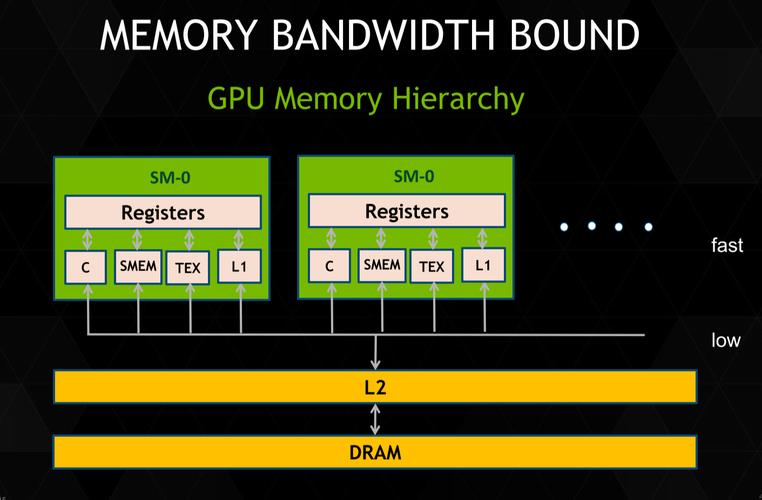In recent years, the field of mobile computing has witnessed a surge in the utilization of GPU (Graphics Processing Unit) programming for a variety of applications. GPU programming, traditionally associated with graphics rendering, has evolved to encompass a broad spectrum of tasks beyond graphical processing. Let's delve into the applications of GPU programming in mobile devices and explore their significance.
One of the most prominent applications of GPU programming in mobile devices is for gaming. Modern mobile games demand sophisticated graphics rendering and computational capabilities. By leveraging GPU programming techniques, game developers can harness the parallel processing power of GPUs to render complex scenes, apply advanced visual effects, and enhance overall gaming experiences. Techniques like shaders, texture mapping, and postprocessing effects can be efficiently implemented through GPU programming, leading to visually stunning and immersive gameplay on mobile devices.
The integration of machine learning (ML) and artificial intelligence (AI) functionalities into mobile applications has become increasingly prevalent. GPU programming plays a pivotal role in accelerating ML and AI tasks on mobile devices. GPUs excel in parallel processing, making them wellsuited for executing neural network algorithms and deep learning models efficiently. By offloading computationintensive tasks such as image recognition, natural language processing, and recommendation systems to the GPU, mobile apps can deliver realtime AIdriven features while conserving battery life and maintaining responsiveness.
AR and VR applications rely heavily on rendering realistic virtual environments and overlaying digital content onto the real world seamlessly. GPU programming enables mobile devices to handle the computational demands of AR and VR experiences effectively. Whether it's rendering 3D objects in realtime, tracking motion, or applying visual effects, GPUs provide the necessary horsepower to deliver immersive AR and VR interactions on smartphones and tablets. By leveraging GPUaccelerated frameworks and APIs, developers can create compelling AR and VR applications that leverage the full potential of mobile hardware.
Mobile devices are increasingly used for capturing, editing, and sharing multimedia content. GPU programming facilitates fast and efficient image and video processing tasks on mobile platforms. Operations such as image filtering, object recognition, video stabilization, and realtime video effects can be performed with greater speed and responsiveness using GPUaccelerated algorithms. By tapping into the parallel processing capabilities of GPUs, mobile apps can deliver seamless multimedia experiences while maintaining high performance and responsiveness.
In addition to consumeroriented applications, GPU programming finds utility in scientific computing and simulation on mobile devices. Tasks such as computational fluid dynamics, molecular modeling, and weather forecasting benefit from the massive parallelism offered by GPUs. By porting scientific algorithms to GPUaccelerated frameworks, researchers and professionals can perform complex simulations and data analysis tasks directly on mobile devices, enabling onthego computation and experimentation.
Efficient utilization of GPU resources is crucial for optimizing performance and power efficiency in mobile applications. GPU programming allows developers to finetune algorithms and optimize code for parallel execution on mobile GPUs. Techniques such as workload balancing, memory management, and shader optimization help maximize GPU performance while minimizing energy consumption. By adopting GPUaccelerated programming paradigms, mobile app developers can strike a balance between performance, responsiveness, and battery life, ensuring a seamless user experience.

In conclusion, GPU programming has emerged as a cornerstone of innovation in the mobile computing landscape, enabling a wide range of applications spanning gaming, AI, AR, multimedia processing, scientific computing, and more. As mobile devices continue to evolve, harnessing the computational power of GPUs will be instrumental in unlocking new possibilities and delivering richer, more immersive experiences to users worldwide.
文章已关闭评论!
2024-11-26 11:35:16
2024-11-26 11:33:50
2024-11-26 11:32:33
2024-11-26 11:31:08
2024-11-26 11:29:48
2024-11-26 11:28:21
2024-11-26 11:27:01
2024-11-26 11:25:39